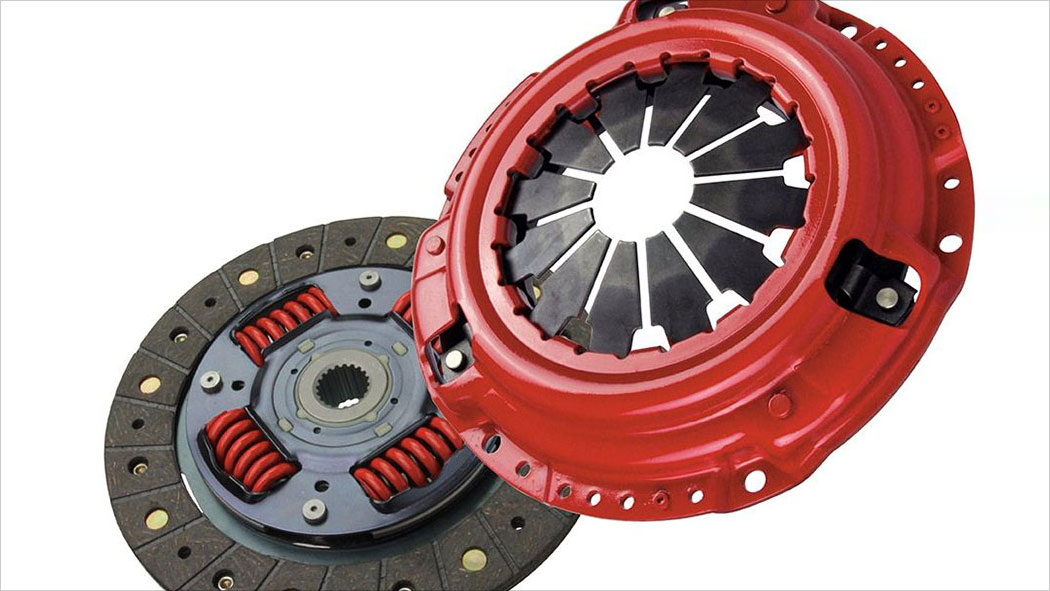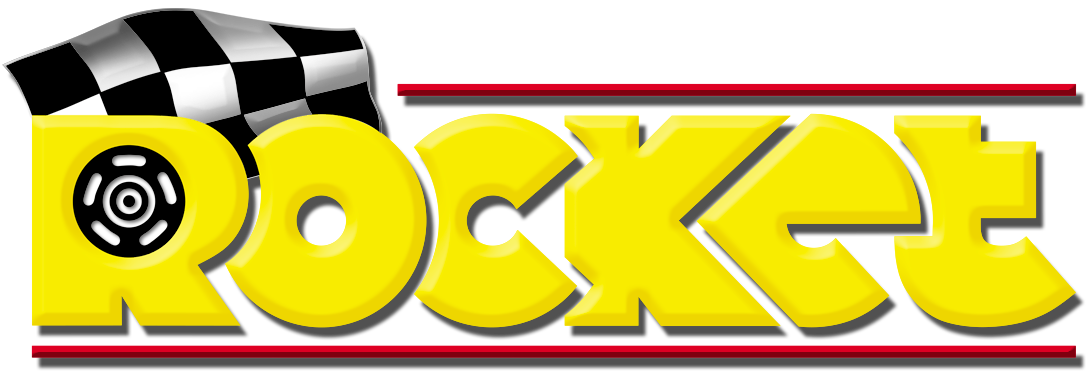Single or Twin Disc Clutch?

We’ve all heard it before: "Bigger is better"; "Go big or go home"; and "He who dies with the most toys, wins." While these sayings are mostly tongue-in-cheek and inspire people to get the most out of what they’re doing, going big isn’t always the best way to go when it comes to automotive performance.

When it comes to your clutch, the idea of getting the biggest or most expensive one isn’t always the best idea. We talked to Billy Mieczkowski, Technical Sales for McLeod Racing, and asked him, "What is too much clutch for your vehicle?" He gave us some insights on when to consider using a twin disc clutch on your musclecar, and when it’s too much clutch for your car.
The clutch we asked him about is the Street Twin Clutch with an aluminium flywheel, which can handle up to 1,200 horsepower. We’ll be installing one on a road racing Dodge Demon in an upcoming article. The Demon will be getting a fresh, 500+ horsepower engine with a modified Tremec TKO 600 transmission.
McLeod brought us twin disc clutches back in the mid 1970s. The twin discs provide twice the clamping surface without requiring twice the pedal pressure, and that can make a huge difference on a car that sees a bit of track time, or has a higher horsepower engine, like the Demon. But installing a twin disc clutch on a daily-driven car with less than 500 horsepower, can sometimes be too much clutch for your car, according to Mieczkowski.
Horsepower and Clutch Choices
Twin disc clutches dissipate heat better, that’s important for a car that sees a lot of track time. On a street cruiser, your clutch shouldn’t be getting as hot as on a race car, so the single disc clutches, like the Street Pro or the Super Street Pro clutches will work just fine for your 300-500 horsepower street machine.

A twin disc clutch can work, but you’re probably spending more money than you need to, and you never really get to take full advantage of the performance aspect of a twin disc clutch. The twin disc clutch is designed for higher horsepower applications, and for performance.
Likewise, an aluminium flywheel is much lighter than a steel flywheel, and having that lightweight flywheel can help you make horsepower quicker in a racing environment. But Mieczkowski says, "There is no stored energy with an aluminium flywheel, so stoplight to stoplight can be a problem. You have to get the revs up before you release the clutch, or you’re likely to stall the engine."
He continued, "A steel flywheel is going to have better inertia, which makes it much easier on you and your clutch for regular street driving. Steel has a lot of mass and that makes it easier to engage the clutch. An aluminium flywheel provides less driveability for a street car, and should only be used for performance applications." A steel flywheel is still fine for a weekend warrior, or occasional autocrosser; but if you’re driving the car primarily on the street, Mieczkowski recommends the steel flywheel.

For cars with upwards of 500+ horsepower, like the Demon, a twin disc clutch would be a better consideration. Not just for that additional friction material, but because it will give you more clamping force with similar pedal effort, and it also helps to dissipate the heat quicker in a racing environment – especially since the engine is typically revving much higher when the clutch is functioning. Whether it’s the drag strip or the autocross, having twice the surface area insures that you’re getting a more positive engagement when the pedal is released.
When you’re pushing down on the clutch pedal, and you have several hundred horsepower waiting for you to release that clutch, a twin disc clutch can mean a few tenths of a second. But getting from one stop light to another, McLeod Racing would rather help you get a clutch better suited for your application. There’s nothing wrong with going big, but going smart is always the hands-down winner.
Written by Michael Harding
This article is courtesy of Street Muscle Magazine

